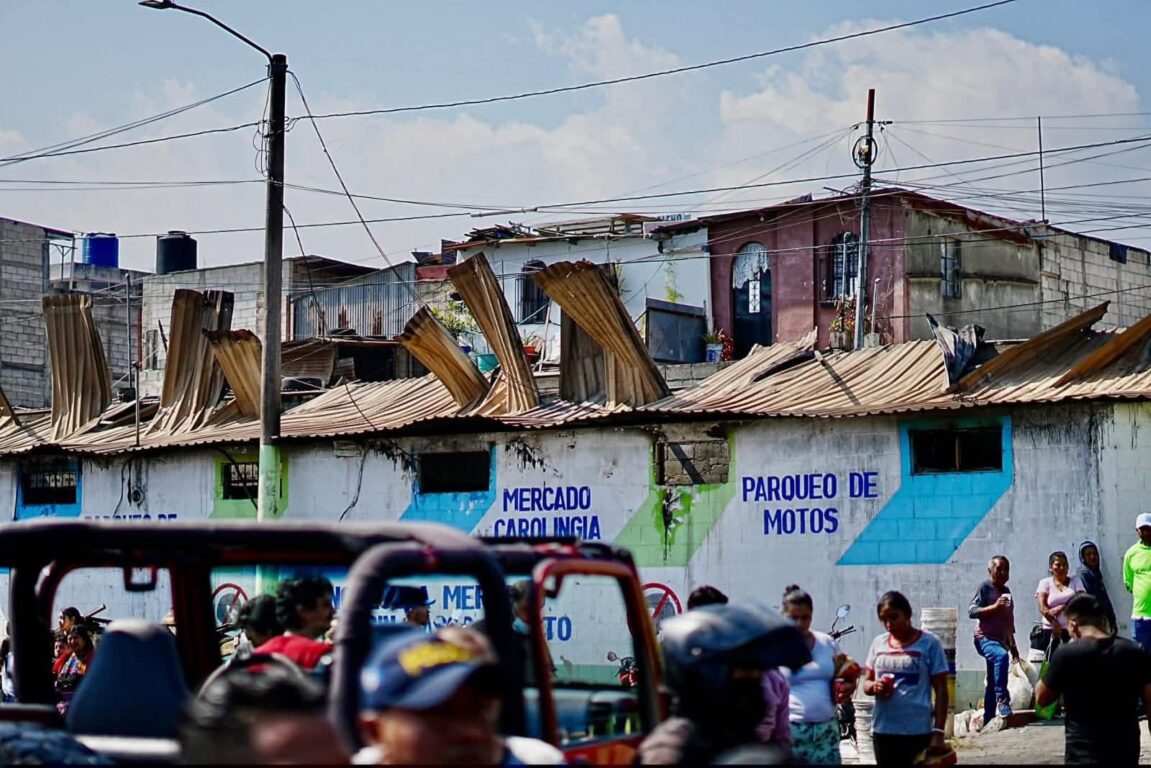Many of StreetNet’s affiliates worked hard in preparation for the discussion at the International Labour Conference in 2014 and 2015 for the adoption of a new ILO Convention on this topic – and StreetNet delegates participated in these discussions. What did we achieve?
Overview: Good and not so good!
GOOD !
The Recommendation contains many of our demands. The Recommendation:
- provides rights, protection and incentives for informal workers and recognizes the importance of a friendly legal and policy environment
- promotes the preservation and expansion of formal jobs, with the informalization of formal jobs to be prevented.
- applies to all workers and economic units in the informal economy: including own account workers, wage workers, domestic workers, workers in subcontracting and supply chains and members of cooperatives and social and solidarity organizations
- recognizes public space as a workplace and provides that informal workers should have regulated access for use of public space and access to public natural resources
- provides for freedom of association and collective bargaining for informal workers
- provides for social protection, including extension of social insurance coverage, and occupational health and safety for informal workers
- provides for gender equality and elimination of all forms of discrimination and violence, including gender-based violence
- acknowledges that membership-based organizations of informal workers should be represented in tri-partite negotiations/consultations on issues affecting them
- states that labour inspection should be extended to protect informal workers
- recognizes that during the transition existing livelihoods should be preserved and improved
- provides for the collection of statistics on the informal workforce
NOT SO GOOD
- The crucial role of local government in implementing policies and laws for many informal workers is not spelt out. Mention is only made of “all levels of government”
- Direct representation of informal worker MBOs in tri-partite forums is limited to being “within the ranks” of the traditional trade union delegations. It is also “according to national practice”. As most “national practices” exclude informal worker representation this might prevent change.
- There are clauses about enforcing laws and regulations and sanctioning non-compliance. These could be used as an excuse to harass and criminalize informal workers.
Compiled by Chris Bonner, WIEGO
June 2015


